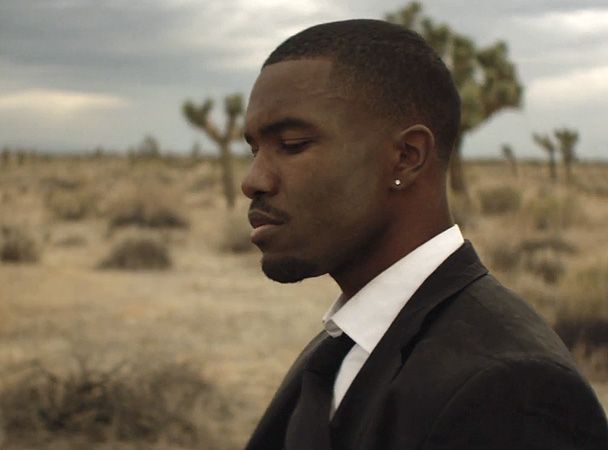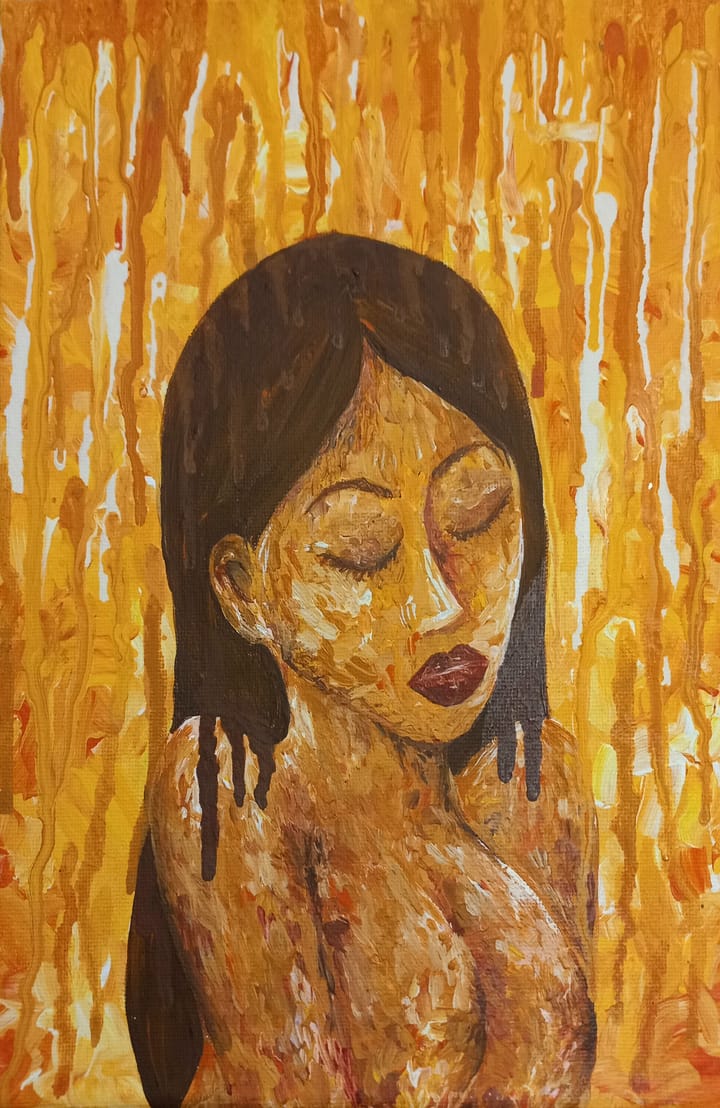“Channel Orange:” A Glimpse into Unrequited Love

In mid-July of this year, rising R&B artist Frank Ocean released his new album “Channel Orange.”
The album was heavily anticipated by R&B lovers, especially in the wake of several popular songs released by Ocean in 2011 such as “Thinkin Bout You,” “Novacane” and “We All Try.” Ocean’s style of songwriting gained a following because it offered a new depth and a well-needed break from mainstream music’s debasement of R&B. The anticipation of the album was furthered by Ocean’s release of a heartfelt letter in early July, which detailed his first and passionate, yet one-sided love for another man.
Ocean is a narrator. Within the context of the album, we can see that he offers us something deeply personal, but he presents it through stories in an imagined universe of disillusioned individuals lost in a drug-filled haze. The album begins with the track “Start,” which simulates a video game starting. With this we enter Ocean’s reality.
He begins with “Thinkin About You” and “Sierra Leone,” two songs similar in their washed-down beats. Ocean shows off his refined falsetto and even slips into rap in “Sierra Leone, changing the key near the end as he is singing a lullaby to his imagined baby girl. It seems as though he is searching for something, both in the musical and metaphorical sense, but he is not sure what.
“Sweet Life” has a more concrete theme. Ocean sings about the privileged life of those living in Ladera Heights, Los Angeles. The track is a bit more up-tempo, and Ocean adds a few more piano chords to the background. This is the first track in which he really delves into the topic of drugs, a theme common in his songs. He sings, “The water’s blue, swallow the pill/Keepin’ it surreal.” The mellow background creates a lazy atmosphere, and we are almost caught up in the sweet life ourselves. But between the muted bass and the way Ocean sings the chorus with a hint of contempt, there is yet a note of dissatisfaction.
“Super Rich Kids” changes the tempo of the album, although the theme continues from the previous song. The song begins with a heavy, pounding piano riff and the refrain, a rap about the drugged and weary lives of the “Super Rich Kids.” From the first verse, Ocean becomes one of these kids, caught up in the whirl of high-living and hedonism. As the piano continues its languid thunk, Ocean proclaims, “Too many white lies and white lines/Super rich kids with nothing but loose ends/Super rich kids with nothing but fake friends.” In the bridge, however, Ocean offers a pearl of true sentiment: “Real love, I’m searching for a real love.” Odd Future’s Earl Sweatshirt is featured and raps in his usual drawl, which seems perfect for the tempo of this song.
Then comes “Pilot Jones,” in which Ocean complains about a lover who is too distant. “I just don’t know why I keep on trying to keep a grown woman sober,” sings Ocean. Yet he is wistful as he describes their passionate relationship: “She took me high, then she took me home/Pilot Jones, Pilot Jones.” The chords in the background echo this sentiment as they drone out a major progression.
With “Crack Rock,” scattered piano riffs and an uptempo rhythm are the setting for a story about an individual who goes through the deteriorating experience of using cocaine. Ocean sings, “You’re shucking and jiving/stealing and robbing/to get the fixing that you’re itching for/your family stopped inviting you to things.”
The individual eventually recedes into a state of perpetual high — “Don’t no one disrupt nirvana/Don’t know one wanna blow the high/Crack rock, crack rock.” Like in his other songs with a similar theme, Ocean does not offer any relief from drugs and materialism, but rather, takes us deeper into his smoke-filled world.
The second half of the album takes a turn. Ocean focuses more on love and the pain that accompanies it. “Bad Religion” takes us to the emotional climax of the album, in which Ocean imagines a conversation with a taxi driver about his unrequited love. Above the somber lull of an organ he sings, “Taxi driver, be my shrink for the hour…It’s a bad religion, this unrequited love…I can never make him love me.” This is the most directly Ocean expresses his emotions in the entire album. Without the cover of his stories, he is emotionally bare. He offers us his raw pain, hoping for some solace, but instead reaches a bitter conclusion: “I can’t trust no one.”
Ocean ends his story with his second to last track, “Forrest Gump.” Over a wistful and mellowed beat, Ocean declares his deep passion for his lover “Forrest Gump” one last time. He resigns himself to the fact that his love will never be returned, but rejoices in his memories through the simple lyric: “I won’t forget you.” The song fades out with a sweet yet melancholic whistling.
In this album, Ocean allows us to peer into the depths of his emotion, and there we find a dulled but unquenched yearning. We feel the pain of his unrequited love, but by the end we share his disillusionment and weary numbness. And so we are left with a bitter aftertaste: love hurts, and life isn’t that great either.





Comments ()